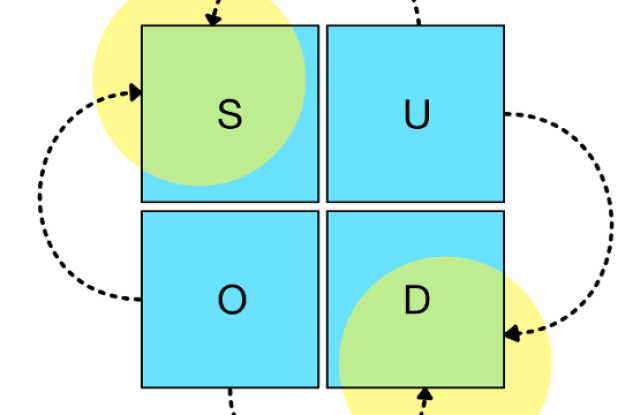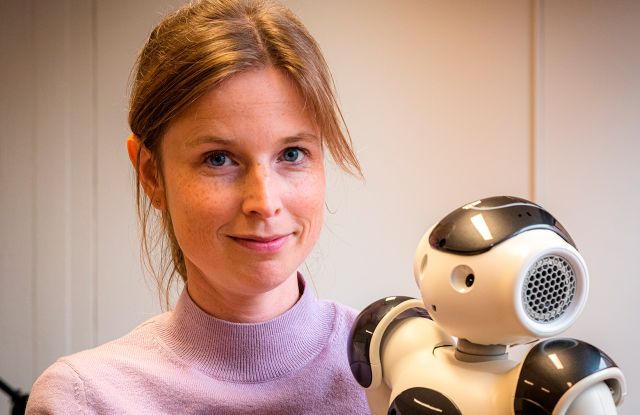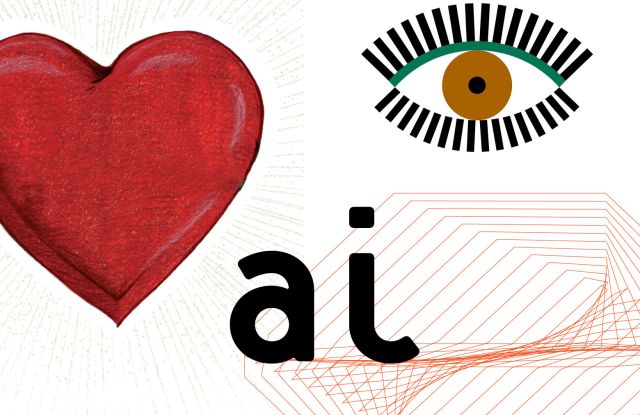Pragmatics: the secret ingredient

Imagine you're at a house party. You've just met someone new and you want to make a good impression. So, you ask them "How's it going?". To a machine, this phrase might seem like a simple question, but to a human it has a whole range of meanings. It could be a polite greeting, a genuine inquiry about how the person is doing, or even a subtle way of asking them to leave. The machine might not be able to pick up on the nuances of the conversation, but a human would be able to decipher the true meaning behind the words. That's pragmatics in action!
Pragmatics is the study of how we use language in context. It looks at how the meaning of words and expressions may change depending on the situation and the people involved. It also considers how our intentions and our social relationships affect the way we communicate. It is like a party trick - it's the art of knowing how to communicate the right thing at the right time!
Pragmatics is the focus of the paper Pragmatics of Narration with Language, which is part of the MUHAI white paper Foundations for Meaning and Understanding in Human-centric AI. Specifically, the paper looks at how research in pragmatics and cognition over the past 50 years has helped us to better understand natural languages, narratives, and language processing. The paper explores how factors such as the speaker's communicative aims, perceptual experiences, stance/viewpoint, as well as cultural and social aspects of communication, can affect how humans use language.
One of the aspects the paper looks at is coreference disambiguation, which is essential for parsers and machine learning when it comes to understanding natural language. Imagine you're making pizza with a friend; she is kneading the dough and you want to check on it. So, you ask "How's it going?". To a machine, this phrase might seem like a simple question, but if the parser incorrectly disambiguates the pronoun "it" as referring to the friend, instead of the dish, it could lead to confusion. The machine might interpret the question as asking about the friend's wellbeing, instead of the progress of the dish. Coreference disambiguation is the process of determining which words or phrases in a sentence refer to the same entity. This helps the parser to accurately interpret the sentence and understand the intended meaning.
Another both interesting and challenging realm is that of speech acts. Speech acts are the ways in which we use language to express our intentions and convey subtle or implicit meaning, such as orders, suggestions, promises, and requests, as well as a variety of other communicative goals. Getting back to your cooking session with your friend, imagine your pizza is baking in the oven, and your friend wants to check on it. So, she suggests: "Maybe it's time to take it out now?". To a machine, this phrase might seem like a simple suggestion, but you would instead be able to detect whether it is a nice way of hinting that the pizza is burning (and you should have already turned the oven off). Pragmatics is like a chef's special ingredient - it's the art of knowing how to season a dish just right so it tastes delicious!
That's why pragmatics is so important, both for humans and for parsers: because it helps to make sense of the context of conversations and interactions. The goal is the development of deep learning models that can understand natural language also taking into account these nuances of human interaction. This technology is still in its infancy, but it shows great promise for improving the accuracy of machine learning models in interpreting natural language.
Credits
Intro image - photo by Andrea Piacquadio via Pexels
More Articles

Uncommon Ground

Do you speak AI?

Deconstructing Recipes

Foundations for Meaning and Understanding in Human-centric AI

The FCG Editor: a new milestone for linguistics and human-centric AI

Linguistic Alignment for Chatbots

Framing reality

MUHAI Visual Identity
